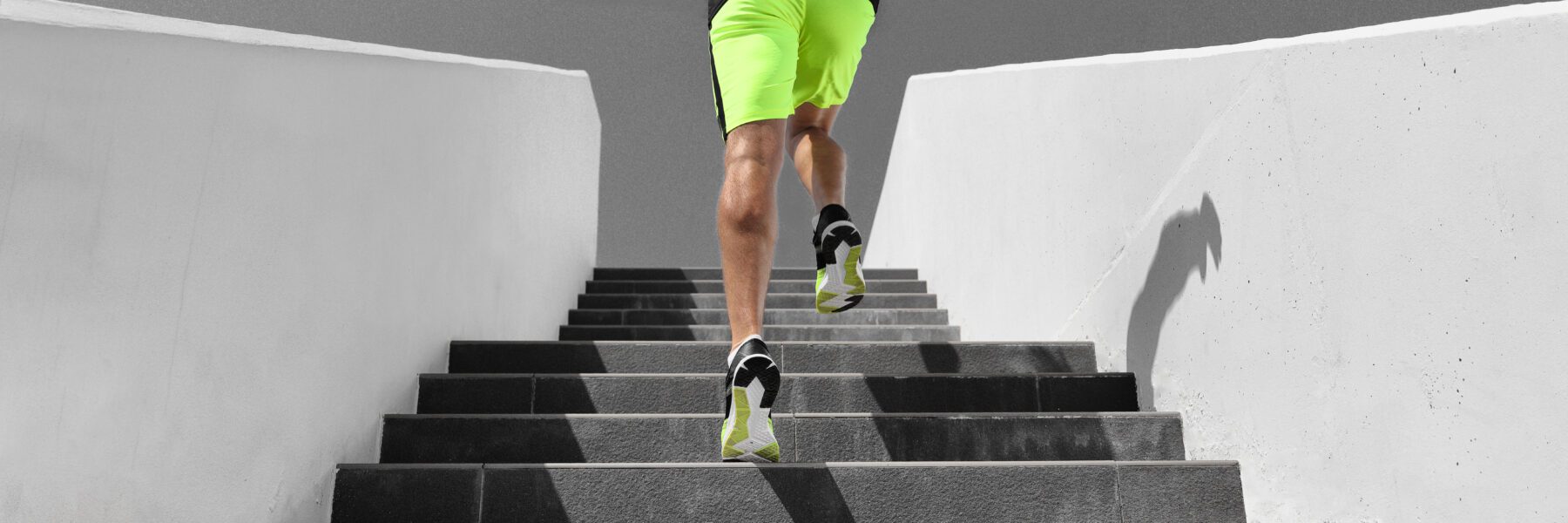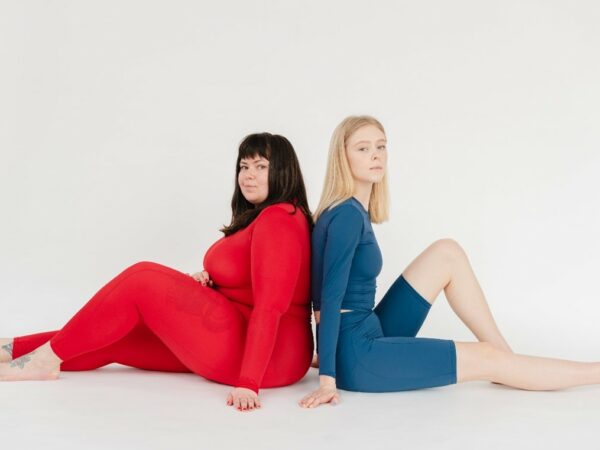
Could Reebok Be Next to Embrace Sustainable Activewear Fabrics?
Sustainable activewear has become increasingly trendy over the years and has begun to seep more and more into the clothing lines of major brands. We’ve seen the likes of Nike, Puma, and other large sportswear companies at least partially embracing the use of responsible fabrics and materials. And now, following an acquisition by the Authentic Brands Group, we have our eyes on Reebok for more of the same.
Covering the topic of making sustainability cool in activewear in the past, we’ve actually alluded to some positive work at Adidas as well. Specifically, we highlighted Stella McCartney’s work with upcycling and sustainable activewear alongside the brand. Digging a little bit deeper, this connection would seem to reflect nicely on Reebok as well, given that the company has spent years under the Adidas umbrella. For the most part, though, we haven’t had too many examples of specific sustainability efforts on the part of Reebok.
The Road to Sustainable Activewear
That’s not to say there aren’t any examples. Reebok’s plant-based footwear made some headlines in 2020 and certainly represented a nice step forward in athletic shoes specifically. And early in 2021, an environmental ethics assessment of the company came up with an “it’s a start” rating, citing admirable goals and some eco-friendly material use — and the need for a greater effort with regard to materials. The prevailing impression has essentially become that Reebok is demonstrating awareness and concern regarding the need for more sustainable practices but has not yet reached the point of enacting adequate, sustainable practices.
With that said, however, the announcements regarding Adidas’s $2.5 billion sales of Reebok to the Authentic Brands Group have hinted at sustainability being part of the equation. The Authentic Brands Group statement mentioned dedicating resources to “giving back,” as well as mindfully engaging in “social and environmental activities and partnerships with the goal of bettering society.” This is far from the first time a large company has used pretty language concerning environmental and social responsibility. But the remarks overall were somewhat brief and left an impression that the intent is to cultivate Reebok as a responsible and progressive footwear and activewear brand.
The Future of Sustainable Activewear
This is still a brand new acquisition. It will take some time for the Authentic Brands Group to assume control and exert influence in Reebok, and it will be longer still before noticeable changes in the brand occur. Nevertheless, the ingredients are there for Reebok to become a leader in the sustainable sourcing of fabrics and materials, not just for shoes but also for activewear. The brand has already moved slowly in this direction, and that movement appears likely to accelerate under new ownership.






